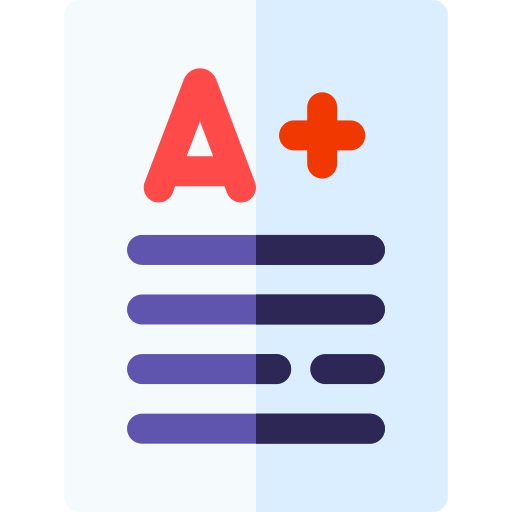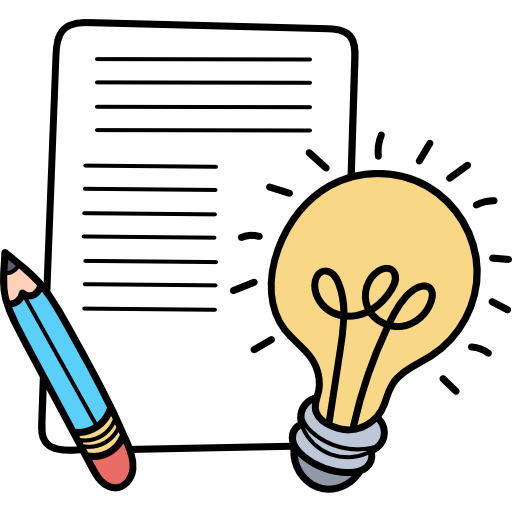دليل المعلم اللغة الإنجليزية للصف الثامن الفصل الثالث 2021-2022
Starter
l. Introduce the unit title and check they understand the meaning Of expedition (a long journey to a dangerous or distant place
Ask learners if they like travelling. Are they travellers or do they prefer to stay near home
. Ask them about places they have travelled to. How did they travel ? How would they feel about going on a long journey by sea
Main activity
Reading and listening: Activity 1
l. Ask the class to look at the illustration and predict what the text is going to be about. Ask them if they know the name of the ship. What do they know about it ? Elicit a few ideas
. Learners read the text about the Titanic and number the paragraphs in the correct order
. Elicit answers and discuss with the class. What helped them decide ? Do not give the correct answers at this point
. Tell the class that they are going to listen to the audio recording of this text. They listen to check their answers
. Play the audio a second time if necessary. Learners check their answers
CORE
Feedback
Elicit and discuss answers
Answers
le; 2b; 3d; 4f; 5c; 6a
Differentiation activities (Support)
l. Play the audio recording several times if necessary. Pause after each section if learners find it difficult to follow
Reading and listening : Activity
l. Ask the class to re-read the text in the correct order. Encourage them to guess the meaning of unfamiliar words from the context. Point them to the vocabulary box if they don't know the meaning Of telegram
. Tell learners to answer the questions about the tex
CORE
Feedback
Elicit answers and discuss as a class
Answers
It was the biggest, fastest and most luxurious liner of its time
2 In April 1912
From Southampton in Great Britain to New York
4 It hit an iceberg
5 Less than three hours
6 Because there weren't enough lifeboats
It was a ship and it answered Titanic' call for help
8 On 16th April
Differentiation activities (Support)
l. Elicit from learners who have found the correct answers where they found the necessary information. Use this to lead those who need support to find answers
Differentiation activities (Stretch)
l. See above: ask these learners to specify how and where they found the answe
Workbook: Activity 1
l. Learners match words with their. meanings. Tell them to look back to the text to see the words in context
CORE
Feedback
Elicit and discuss answers as a class
Answers
If; 2c; 3g; 4d; 5a; 6e; 7b
Differentiation activities (Stretch)
l. Learners can write sentences Of their own using the words
Workbook : Activity 2
l. Read through the Language tip about compound nouns with the class. Explain that there is no rule for determining whether compound nouns are hyphenated or become one word (or stay as two words). However the tendency is for hyphenated words to eventually become one word , for example, e-mail has now become email
. Learners identify the compound nouns in the text
DESIRABLE
Feedbac
Elicit and discuss answers
Answers
1 iceberg; 2 lifeboat; 3 headline; 4 newspaper
Differentiation activities (Stretch)
I. Ask these learners to make a list of all the compound nouns they come across in the next week. Make time to go through the lists and discuss with the learners
Workbook : Activity 3
l. Introduce the explanation about prefixes Elicit other prefixes, for example un and dis give words an opposite meaning, re adds the meaning Of again
Learners identify the tele words. Encourage them to use a dictionary where they will find a few
EXTENSION
Feedback
Elicit and discuss answers
Answers
1 television; 2 telephone; 3 telescope; 4 telecommunications
Starter
I. Discuss with the learners some of their recent activities. If there has txen a major event in the school, community or country focus on that. Aim to get learners to talk about the events using a range of past tenses for example. ask. questions What happenecP What were you doing when What had he /she / you / they done before that ? What's happened since
Main activity
Use of English: Revision of past tenses
I. Read and discuss the Use of English box with the class Elicit the answers to the matching activity
2. Ask the class to find more examples of the past tenses in the Titanic text
3. Ask learners to supply examples of their own and write them in their notebcxks
CORE
Feedback
Elicit and discuss plenty of examples with learners. Put these on the txard so that learners can the different structures a past simple; b past cxntinuous. c past simple passive; d past simple; e present
Differentiation activities (Sumxrt)
I. Where necessary. set remedial work on any of the tenses that learners are unsure Of. You can use PCM 8 for this 1 2 found; 3 gave; 4 rang; 5 went; 6 1 was promised a gift; 7 The Titanic was sunk by an 8 The people were told at:nut the æcident the next day, 9 They were sent a text message; 10 My father was sold a car by that man; 11 1 wasn't offered a drink; 12 The climate has changed in the last fifty years: 13 She has ben ill in since last wæk; 14 1 think he has forgotten our names again; 15 Jassim has broken his leg so he can't walk; 16 We haven't seen your new car yet; 17 had sailed; 18 had arrived; 19 had finished; 20 had gone; 21 hadn't 22 was taking Off; 23 were watching; 24 was reading; 25 were sleeping; 26 weren't waiting
Speaking : Activity 3
I. Learners work in pairs They use the words and phrases in Activity 2 to recount the story of the Titanic in their own words
2. Remind them to use the correct past tense. Point out to them also that the language of siwlking is not exactly the same as what we write so they can alter things as they
CORE
Feedback
Monitor learners as they discuss and make notes of any recurring errors (particularly in the use Of past tenses) for a later remedial Learners' own answers
Differentiation activities (Suprnrt)
l. Encourage learners to refer back to the questions and answers in Activity 2 to give a framework for their recounting of the story




